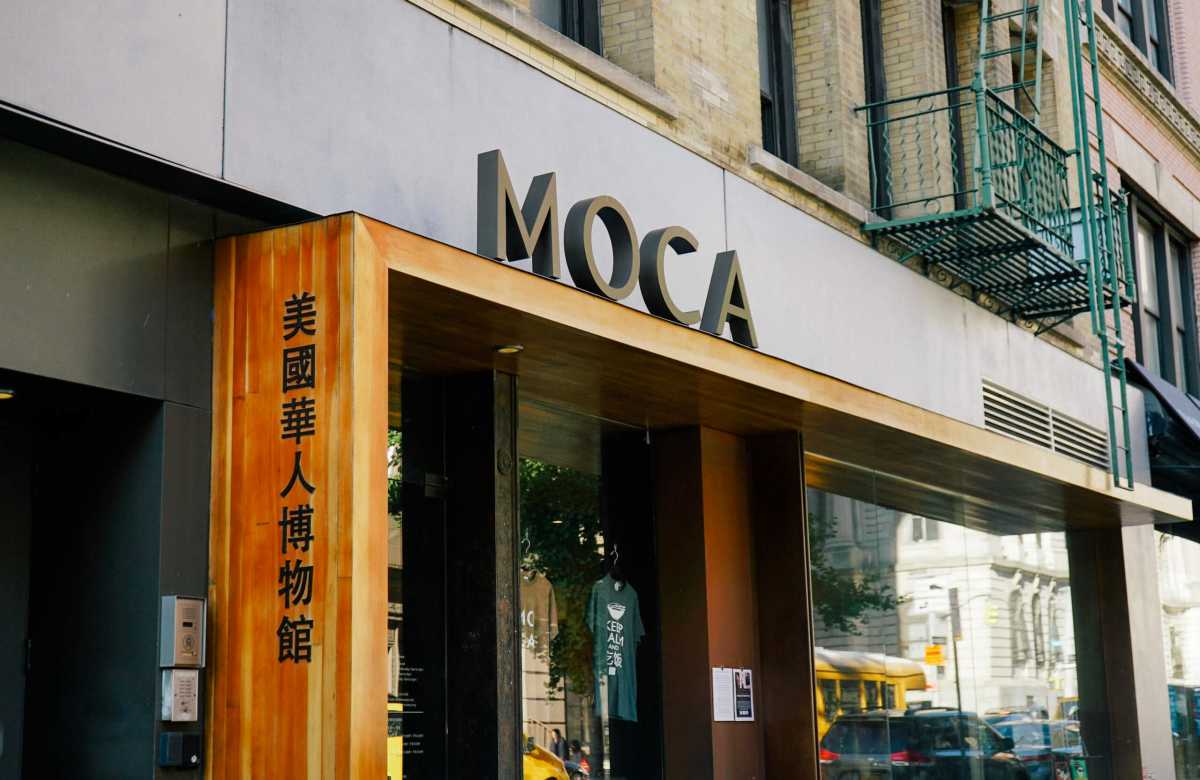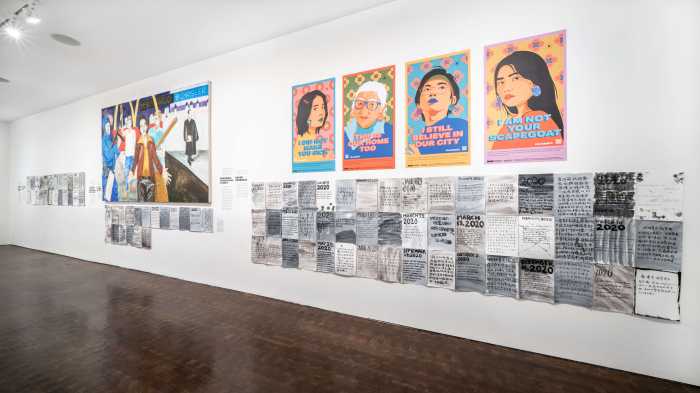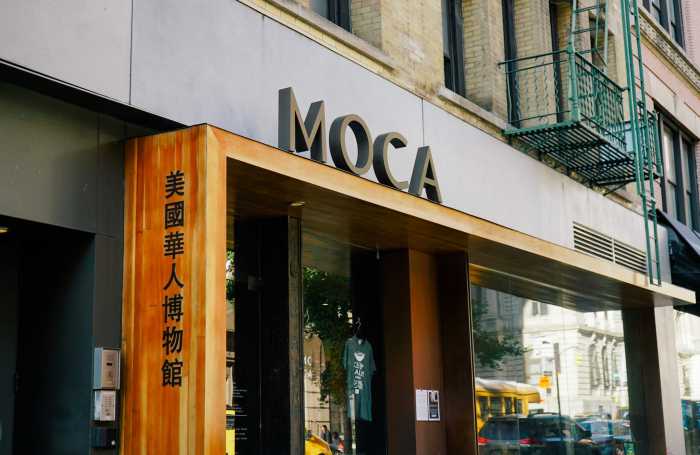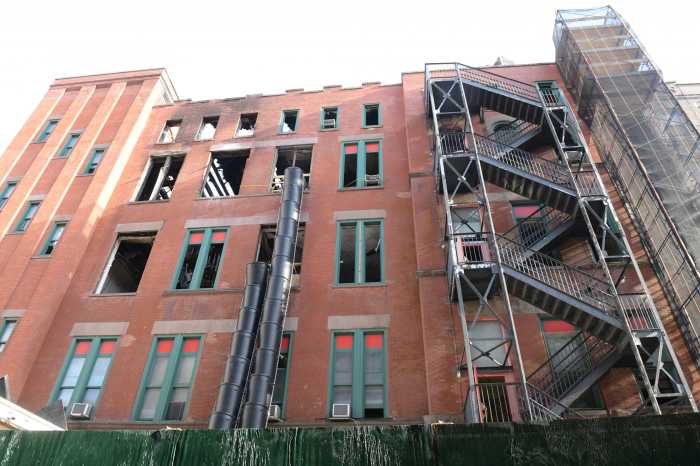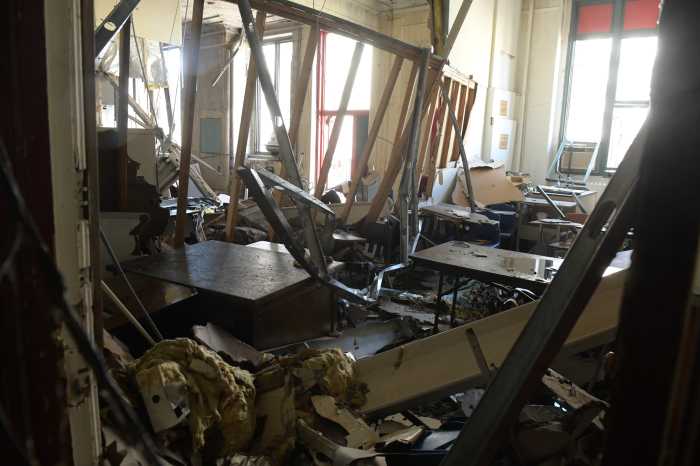Fifty-one years ago, my friend was repeatedly stabbed in an episode of hate and violence just steps from my Chinatown home. I was able to fend off a second knife-attacker before we retreated to the 5th Precinct, where my friend left a trail of blood on the floor.
He was rushed to the hospital and survived.
I’ve patrolled these Chinatown streets, have seen and heard, have inhaled the violence and hatred that’s a part of our story and our history – a continuum that swells with each new wave of discontented newcomers.
Today, anti-Asian hate crimes, including violent assaults against elderly immigrants, are at an all-time high in the city and across the nation. But even in our city’s worst years I never imagined a year like 2021, when 114 anti-Asian hate crimes were reported to the NYPD, a 356 percent increase from last year. Nearly 9,100 such attacks occurred nationwide between March 2020 and June 2021, according to the national coalition AAPI Hate.
In Chinatown, these horrible crimes were compounded by the public health and economic devastation of the pandemic. Unfortunately, these conditions spurred anger anew that has only served to divide the community.
For months now, a few dozen protesters have descended upon the Museum of Chinese in America’s (MOCA) doors, angry at what they believe is its complicity in the city’s new jails plan. MOCA has denied any complicity and has stated that publicly on repeated occasions. Protesters are even hoping to rally people around this and a raft of other falsehoods at a bizarrely coined “health and art street fair” – but really, it’s more of the same incoherent vitriol directed at the Museum.
After all, why would such an institution have anything to do with the city’s jail policy? MOCA was founded in 1980 as the New York Chinatown History Project. Over its 41-year history, it has broadened its scope to include the national outlook on Chinese in America, yet always highlighting the distinct role that New York City’s Chinatown has played in the evolution of these journeys. Our Chinatown is one of the only in the country without a community center, and part of the tension around MOCA is based on this issue. Local residents who want a community center conflate this desire with pressure for MOCA – a history museum – to be all things to all people. But with historic inequity in funding for arts and cultural institutions in the city, that is, of course, not possible. MOCA does not charge admission fees precisely so it can share its work with as many people as possible, focusing on accessibility over sustainability.
Visitors to the museum and its staff are harassed almost daily by protesters, hampering MOCA’s valiant efforts to raise awareness and educate the public about anti-Asian hate and its continuing struggle to conserve the largest collection of Chinese American artifacts after a devastating 5-alarm fire in January 2020.
I have friends on different sides of this issue. So far, no one’s carrying hatchets to Doyers Street (where the upscale are dining) but eye-daggers are flying, people looking for any reason to lash out. There is misinformation everywhere.
Seems to me, though, that a throng of people screaming their lungs out could be more productive allying with other anti-jail forces and bringing their powerful and passionate protests to the steps of City Hall and to the doors of the City Council, the real culprits here.
If you want a change in leadership, that’s what you hone in on, not herding MOCA toward failure (especially in a pandemic when rent revenues are already down). When the attack pivots toward an individual’s family and businesses while demanding money, it sounds like something more personal is at play here, not just anti-MOCA anger. It’s a short step from screaming at someone to tossing a brick to vicious violence. We don’t need this.
We need unity through reconciliation, and as a cultural pillar in Chinatown, MOCA should be adept at this. Both sides have to honestly try to resolve their differences.
It’s time to unite, to fight the outgoing Mayor and the City Council. I’ll join you on the steps of City Hall – just give me a sign. But screaming at MOCA?
That’s just a waste of time.
Henry Chang was born and raised in New York’s Chinatown, where he still lives. He is the author of Chinatown Beat and Year of the Dog, also in the Detective Jack Yu series. His poems have appeared in the seminal Yellow Pearl anthology, and in Gangs In New York’s Chinatown. He has written for Bridge Magazine, and his fiction has appeared in On A Bed Of Rice and in the NuyorAsian Anthology. His debut novel Chinatown Beat garnered high praise from the New York Times Book Review, the Boston Globe, the Washington Post, among others.



